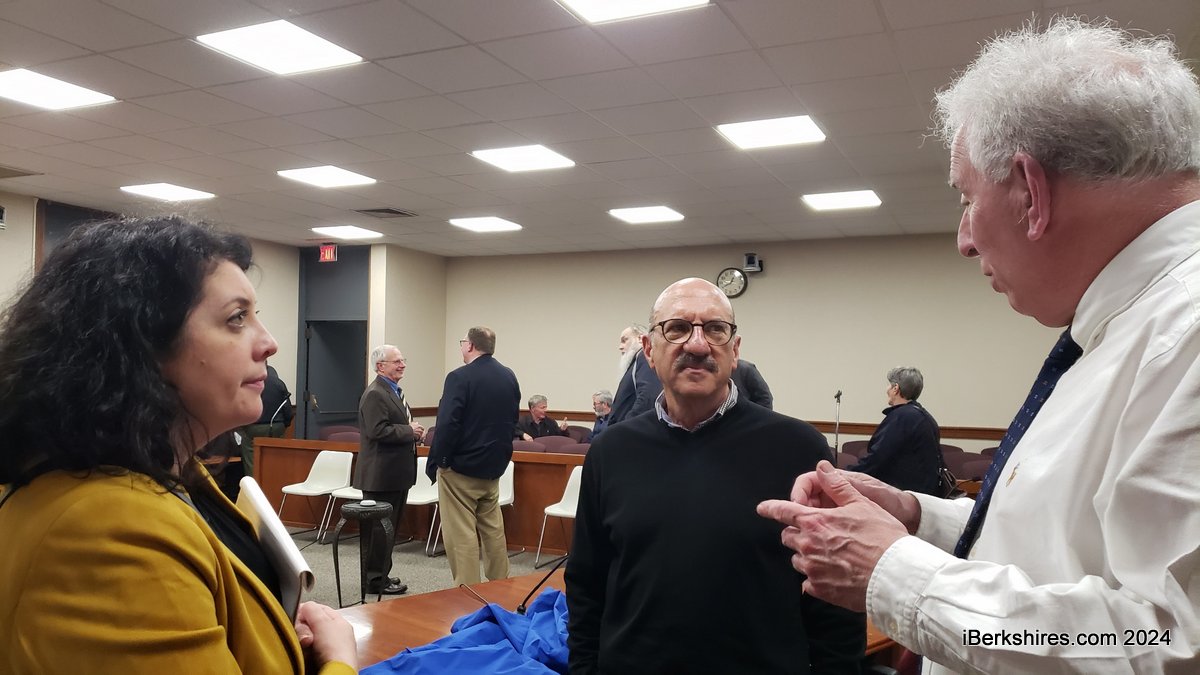
CARES Act Offers Help for Investors, Small Businesses
 |
As we go through the coronavirus crisis, we are all, first and foremost, concerned about the health of our loved ones and communities. But the economic implications of the virus have also weighed heavily on our minds.
However, if you're an investor or a business owner, you just got some help from Washington – and it could make a big difference, at least in the short term, for your financial future. Specifically, the passage of the $2 trillion Coronavirus Aid, Relief and Economic Security (CARES) Act offers, among other provisions, the following:
* Expanded unemployment benefits: The CARES Act provides $250 billion for extended unemployment insurance, expands eligibility and provides workers with an additional $600 per week for four months, in addition to what state programs pay. The package will also cover the self-employed, independent contractors and "gig economy" workers. Obviously, if your employment has been affected, these benefits can be a lifeline. Furthermore, the benefits could help you avoid liquidating some long-term investments you’ve earmarked for retirement just to meet your daily cash flow needs.
* Direct payments: Individuals will receive a one-time payment of up to $1,200; this amount is reduced for incomes over $75,000 and eliminated altogether at $99,000. Joint filers will receive up to $2,400, which will be reduced for incomes over $150,000 and eliminated at $198,000 for joint filers with no children. Plus, taxpayers with children will receive an extra $500 for each dependent child under the age of 17. If you don't need this money for an immediate need, you might consider putting it into a low-risk, liquid account as part of an emergency fund.
* No penalty on early withdrawals: Typically, you would have to pay a 10 percent penalty on early withdrawals from IRAs, 401(k)s and similar retirement accounts. Under the CARES Act, this penalty will be waived for individuals who qualify for COVID-19 relief and/or in plans that allow COVID-19 distributions. Withdrawals will still be taxable, but the taxes can be spread out over three years. Still, you might want to avoid taking early withdrawals, as you’ll want to keep your retirement accounts intact as long as possible.
* Suspension of required withdrawals: Once you turn 72, you will be required to take withdrawals from your traditional IRA and 401(k). The CARES Act waives these required minimum distributions for 2020. If you're in this age group, but you don't need the money, you can let your retirement accounts continue growing on a tax-deferred basis.
* Increase of retirement plan loan limit: Retirement plan investors who qualify for COVID-19 relief can now borrow up to $100,000 from their accounts, up from $50,000, provided their plan allows loans. We recommend that you explore other options, such as the direct payments, to bridge the gap on current expenses and if you choose to take a plan loan work with your financial adviser to develop strategies to pay back these funds over time to reduce any long-term impact to your retirement goals.
* Small-business loans: The CARES Act provides $349 billion to help small businesses – those with fewer than 500 employees – retain workers and avoid closing up shop. A significant part of this small business relief is the Paycheck Protection Program. This initiative provides federally guaranteed loans to small businesses who maintain payroll during this emergency. Significantly, these loans may be forgiven if borrowers use the loans for payroll and other essential business expenses (such as mortgage interest, rent and utilities) and maintain their payroll during the crisis.
We will be in a challenging economic environment for some time, but the CARES Act should give us a positive jolt – and brighten our outlook.
This article was written by Edward Jones for use by your local Edward Jones financial advisor. Courtesy of Rob Adams, 71 Main Street, North Adams, MA 01247, 413-664-9253.. Edward Jones, its employees and financial advisors cannot provide tax or legal advice. You should consult your attorney or qualified tax advisor regarding your situation. For more information, see EdwardJones.com.
Tags: COVID-19,
More Coronavirus Updates
















